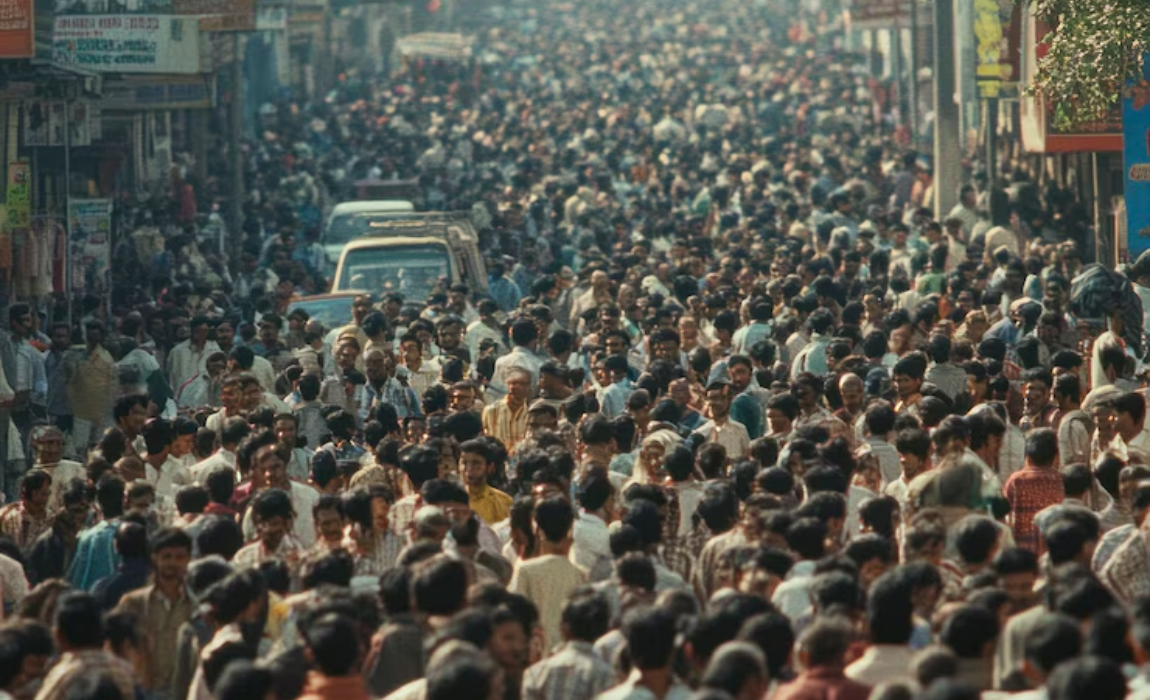
Bengaluru Stampede Case
The recent stampede in Bengaluru, which claimed multiple lives during a government organised food and essentials distribution drive, is not merely a tragic mishap—it is a serious failure of public administration and civic responsibility. It once again underscores how poor planning, lack of crowd management, and administrative apathy can turn even well meaning welfare initiatives into death traps.
What unfolded at the distribution site was neither unforeseen nor unprecedented. Thousands of economically vulnerable citizens, drawn by the prospect of free food and aid, gathered in a space utterly unfit to handle such a turnout. There were no proper barricades, no crowd regulation measures, no medical arrangements, and most critically, no meaningful oversight. In such conditions, panic was inevitable; tragedy, unavoidable.
An Avoidable Disaster
What makes the Bengaluru incident particularly heart-wrenching is that it was entirely preventable. The State had the time, resources, and precedent to anticipate the scale and plan accordingly. Past events—be it religious festivals, political rallies, or charity drives—have shown that large gatherings without proper safety protocols are a recipe for disaster.
Yet, basic precautions were ignored. No lessons were learned. No institutional safeguards were in place. This isn’t the failure of one official or department—it is a systemic collapse that cost people their lives simply because they sought help.
A Constitutional Failure
At its core, this tragedy is also a violation of Article 21 of the Indian Constitution, which guarantees the right to life and dignity. When governments or their agencies organise public events, they are not simply acting in good faith—they are duty-bound to ensure the safety of those they invite. The right to dignity cannot be suspended because the beneficiaries are poor.
That individuals should lose their lives in the pursuit of basic necessities reflects poorly on a State that prides itself on welfare and governance. Compassion without care becomes cruelty, however unintended.
Governance Must Mean Accountability
Post-tragedy rituals have followed the usual script: condolence messages, compensation announcements, and administrative suspensions. But the real question remains: Will this lead to institutional reform, or fade into yet another forgettable file?
The need of the hour is accountability, not just apologies. A judicial inquiry must examine not only who failed, but why systems continue to ignore the basic principles of public safety. Moreover, guidelines issued by the National Disaster Management Authority (NDMA) regarding crowd control must become enforceable norms, not mere advisories.
No government—central or state—can afford to treat public events casually. The involvement of disaster management authorities, police, local bodies, and health services must be made mandatory for gatherings beyond a certain size. Crowd safety must become law—not just logistics.
The Larger Irony
This stampede occurred during an act of charity—meant to uplift the poor. Yet, it exposed how easily good intentions can turn deadly when governance is reduced to tokenism. The very people it aimed to help were the ones who suffered the most. In a country where social inequality is already vast, such incidents further deepen the trust deficit between the State and its citizens.
Conclusion
The Bengaluru stampede is more than a bureaucratic failure. It is a mirror to the fragile structure of public accountability in welfare administration. In a constitutional democracy, no person—rich or poor—should lose their life because the system failed to care enough.
True governance lies not just in intent, but in execution. And justice demands that the cost of carelessness is never paid with human lives.
